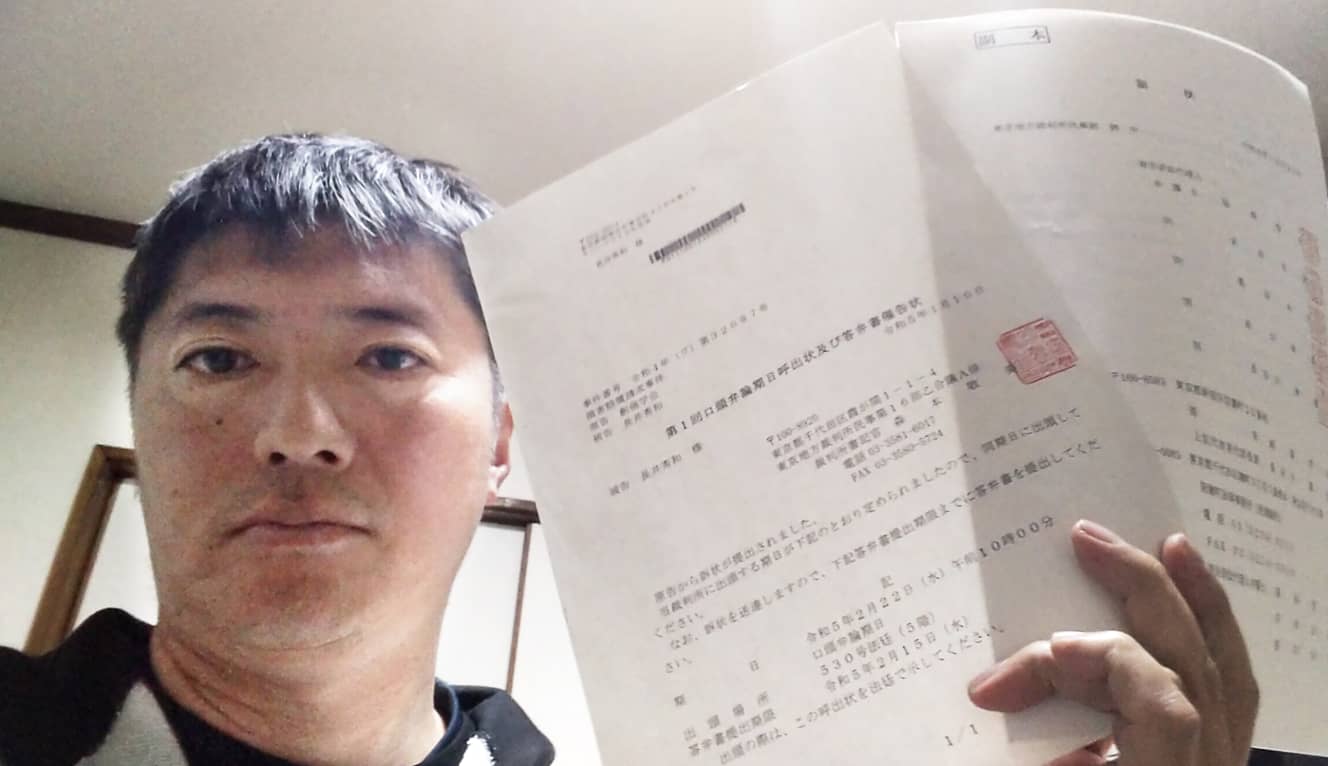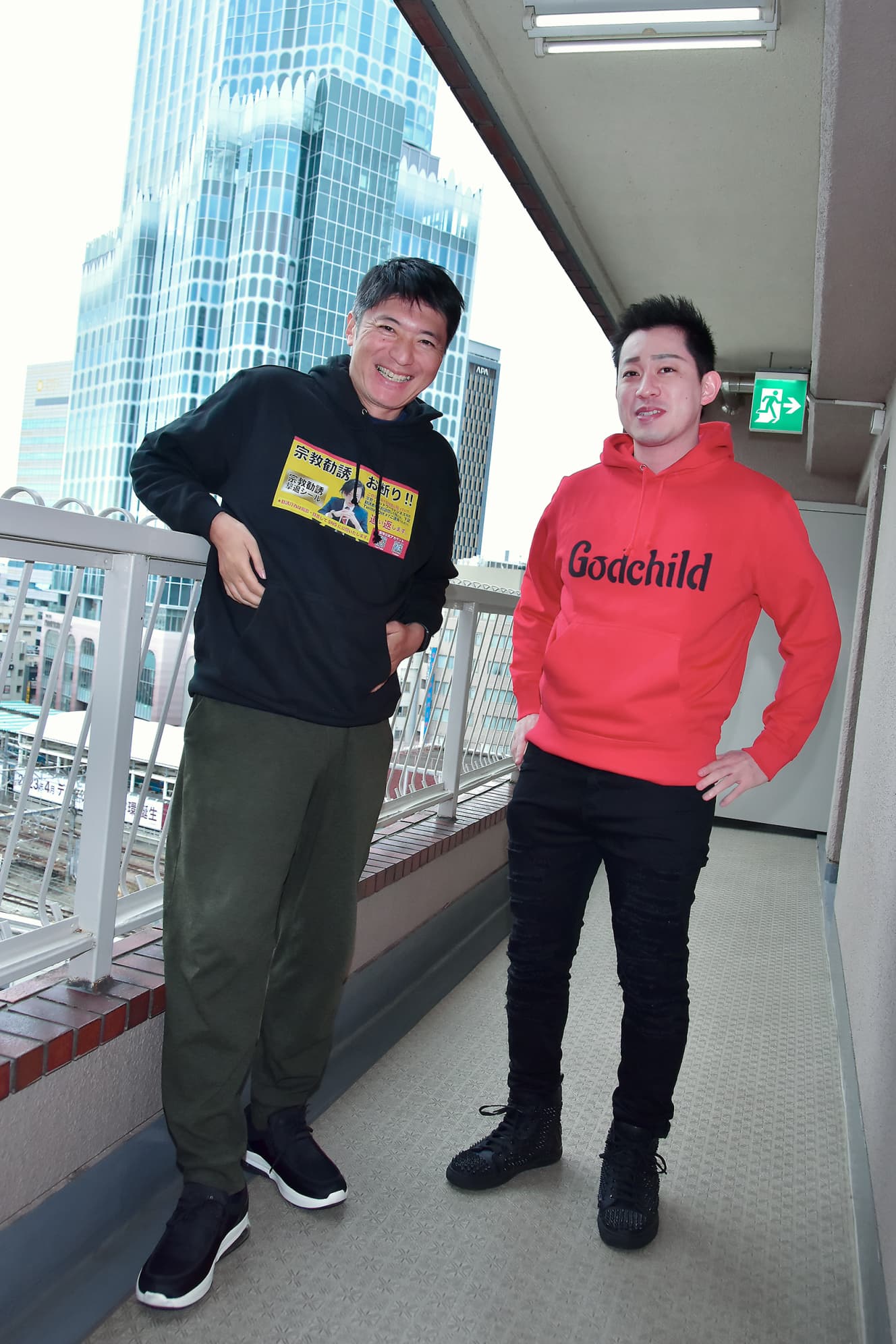Hidekazu Nagai, Nishi-Tokyo City Council Member, Fierce 60 Minutes: “Families turn against each other under religious justice. This is the depth of the problem.”
Won the city council election at the end of last year, and despite a dispute with the Soka Gakkai, he is always cutting to the heart of religious issues in his policies and campaign support.

Hidekazu Nagai, 53, won the Nishitokyo City Council election on December 25 last year. He is said to be “receiving consultations on religious damage every day.
They come from Kanagawa, Saitama, Ibaraki, and everywhere else. It’s no longer at the ‘city’ level.”
The shooting of former Prime Minister Shinzo Abe brought religious issues into the spotlight, and “the tide has definitely turned,” says Nagai.
I was on the streets every day, so I think the voters knew that I was not a flirtatious person. However, Friday came to interview me after the incident (September 16, 2010 issue), followed by the Shincho Weekly and the Bunshun Weekly. I was convinced that I could win if I could also engage in “aerial combat” through the media.
As a former second-generation member of the elite Soka Gakkai, he exposed the inner workings of the organization through speeches and the media. He gained a lot of support, but he also lost something. But he also lost something: his family.
The Nagai family was surprised to receive a letter of protest from the Gakkai, claiming that the content of the interview in the Shukan Shincho was untrue. What surprised me was that my mother denied that the Nagai family had spent approximately 20 million yen on a Buddhist altar, saying, ‘We only bought one Buddhist altar. My family has been in the Soka Gakkai for 55 years, and there is no way we only bought one. My parents’ house was a private hall, a meeting place for many people, a religious house. It was a place where many people would come, a religious house, and it was a place that was a “recruitment magnet.
I myself remember that there were many Buddhist altars. There were even altars for my nieces and nephews, which I gave away to others. When Soka broke up with Nichiren Shoshu, the believers “rebranded” (replaced) their altars, but I don’t remember that either. Even the parents twist the facts when their son might be legally disadvantaged. The family turns against each other in religious justice. This is the depth of the religious problem.”
As the year drew to a close, a complaint arrived at his home.
It claimed that a portion of my speech that had appeared on the Internet constituted defamation, and demanded 11 million yen in damages. It is a part of a speech I gave during the election campaign in which I talked about Akiyo Asaki, a member of the Higashimurayama City Council, who fell to her death in 1995. So Shinanomachi (Soka Gakkai) even checks YouTube. However, because I told this story, I have received various information from people who were around the incident at the time. It’s a mixture of stones and stones, but if I can get the truth, it will be a big deal.
There are also things he has gained through his election. He has also gained friends who work on religious issues. He met Hiroshi Okawa, 33, eldest son of Ryuho Okawa, president of the Happy Science Society, through a speech he gave in support of the candidate.
He told me, “Actually, we are putting up candidates who fight against cults in various electoral districts for the upcoming local elections. A series of posters and banners with my picture and the candidate’s picture on them are already up in 10 districts. They are in Shibuya Ward, Koto Ward, Yokohama, Ichikawa (Chiba Prefecture), and Ohtake City in Hiroshima. …… It’s a bit like being the leader of a party (laughs).
As a member of the Nishitokyo City Council, he is enthusiastic about “setting up an investigation committee and a relief committee regarding the cult problem.
“Nishitokyo has a mayor who visited a religious group meeting during his mayoral campaign (in February ’21). The relationship between politicians and religious groups is unclear. As a city, how do we identify which facilities are religious-related and how do we deal with them? We will push for this at the City Council meeting. We will also actively raise our voice on the issue of children in the care of the Child Guidance Center being forced to participate in religious events and ceremonies. We must also build a disaster prevention network, which is lagging behind.”
The unique city council member, a former second-generation member of an elite religious group, has suddenly begun to make his presence felt.



From the February 10, 2023 issue of FRIDAY
PHOTO.: Takeshi Kinugawa (1st)